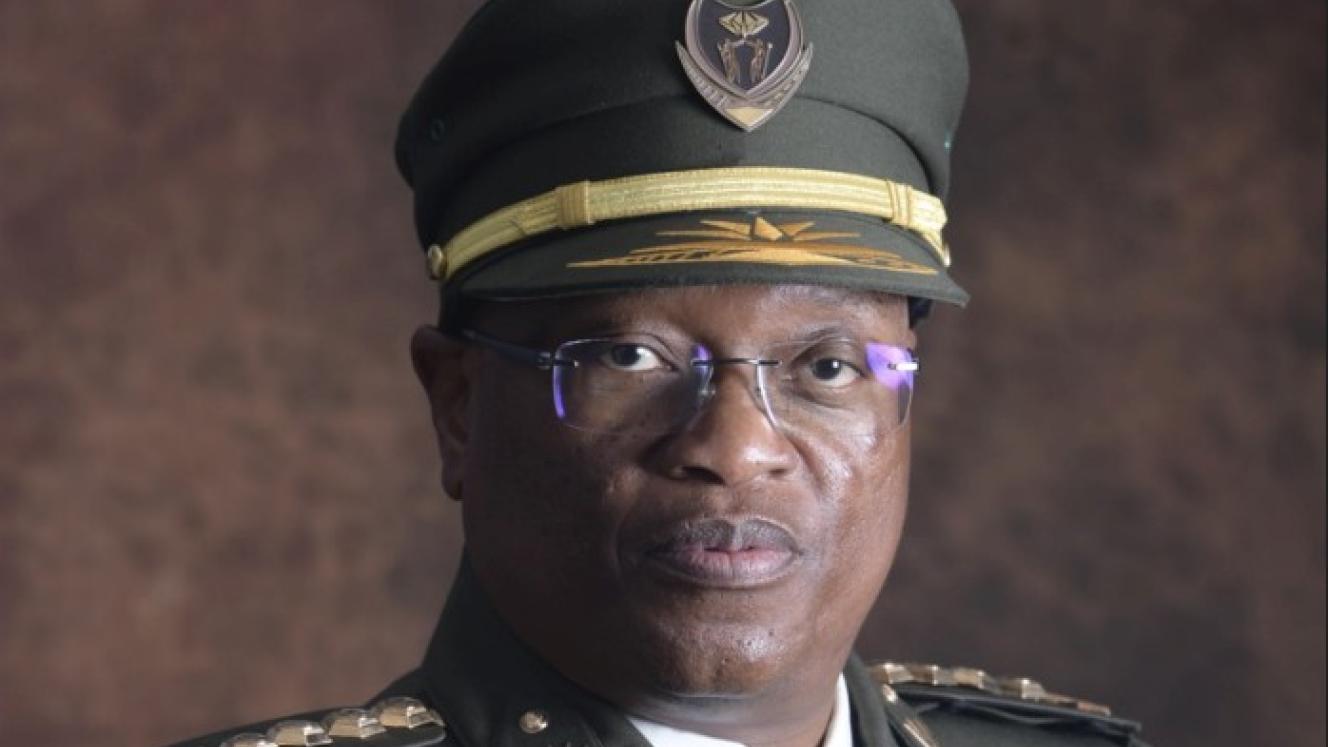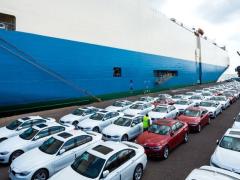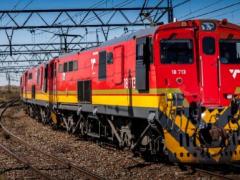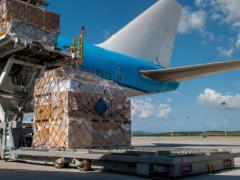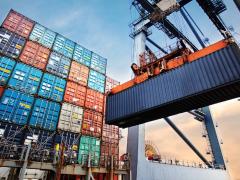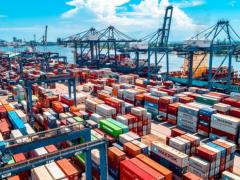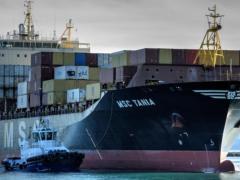Projects in Mozambique are regaining momentum amid expectations that the mega developments in the north of the country will soon restart. The renewed optimism follows several years of setbacks after violent insurgent attacks in Palma in 2021, which prompted TotalEnergies to declare force majeure on one of the world’s largest liquefied natural gas (LNG) projects. Security concerns flared again in October last year, when post-election violence aggravated the already fragile situation in the country. “Security is always going to be a concern in Mozambique,” said Duncan Bonnett, director and partner at Africa House. “That said, there has been a flurry of activity in the country over the past few months. We’re seeing encouraging signs of progress and a much more positive sentiment from both the public and private sectors.” He said the force majeure was expected to be lifted sooner rather than later and that recent unrest appeared to have been brought under control. “There is far more optimism about Mozambique than negativity,” he said. “It’s never going to be a country where safety is guaranteed 100%, but there’s a lot of context to consider. Mozambique remains one of the world’s poorest nations despite its mega energy projects, and that shapes much of what happens on the ground.” Despite its challenging security environment, Mozambique continues to show signs of economic resilience. According to the African Development Bank, real GDP grew by an estimated 5% in 2023, up from 4.2% in 2022. Although growth slowed to 1.7% in 2024, partly due to post- electoral unrest, it is projected to recover to around 3% in 2025. The World Bank forecasts that growth will stabilise at approximately 3.5% by 2027, driven by a rebound in agricultural production and a recovery in the services sector. Bonnett said that while the LNG developments in the north continued to dominate headlines, it was important to recognise the broader scope of activity unfolding across the country. “Because of the sheer scale of the LNG projects, people often talk as if that’s the only thing happening in Mozambique – but it’s not,” he said. “There’s so much more taking place beyond that. In the power sector, for example, you have the ongoing upgrade of Cahora Bassa, and then the Mphanda Nkuwa hydropower project, which is just as exciting. It’s progressing well in terms of securing funding and is located in the same area as Cahora Bassa, about 60 kilometres downstream.” He added that the World Bank was backing the initiative and that the consortium, led by TotalEnergies, was driving a project designed to deliver around 1 500 MW of new capacity in central Mozambique. LV
